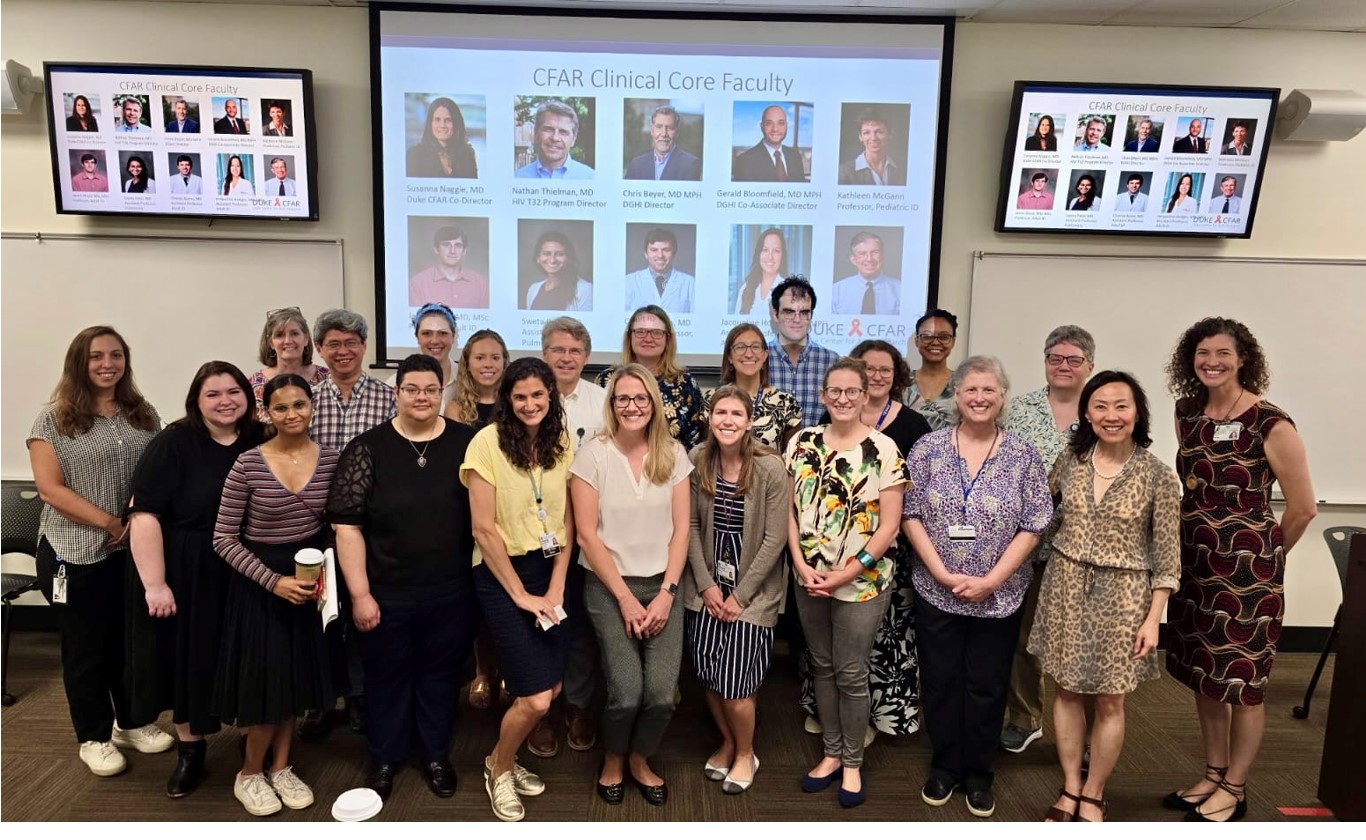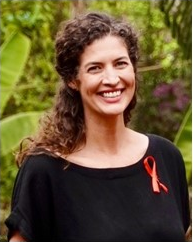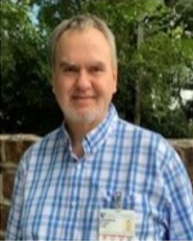
CLINICAL CORE MISSION AND SERVICES: The mission of the Duke CFAR Clinical Core is to promote research excellence, innovation, and increase impact in the prevention and control of HIV/AIDS domestically and globally. We achieve this mission by providing outstanding service, resources, and mentorship to mentees, early-stage investigators (ESIs), and established investigators new to HIV/AIDS research.
CORE STAFF CONTACTS:

Dorothy Dow, MD
Co-Director

Nwora Lance Okeke, MD
Associate Director

Stuart Carr, BA
Clinical Core Research Program Leader

John Bartlett, MD
Advisor

Thuy Le, MD, PhD
Co-Director

Mehri McKellar, MD
Associate Director

Tina Watkins
Clinical Core Regulatory Coordinator